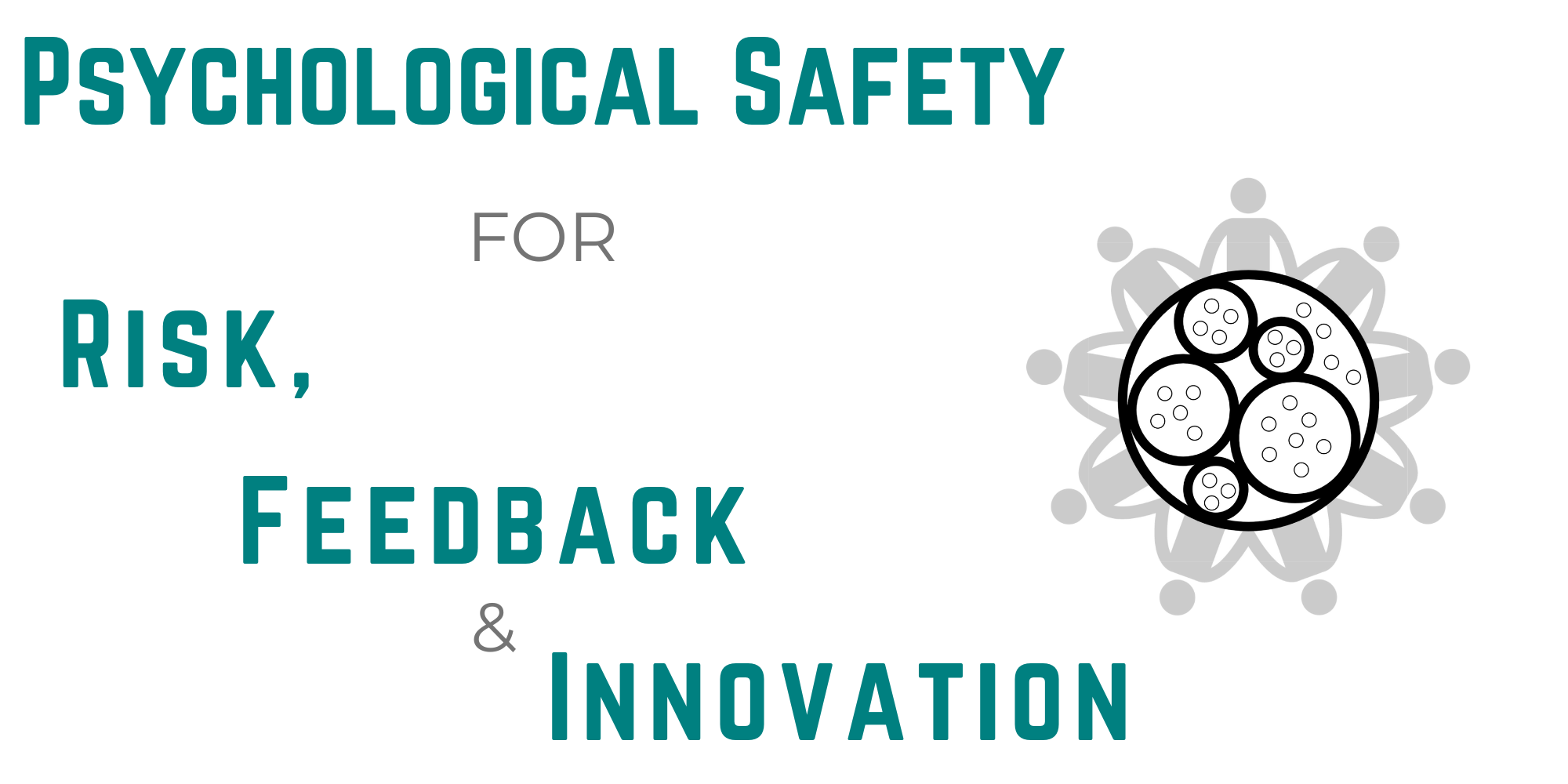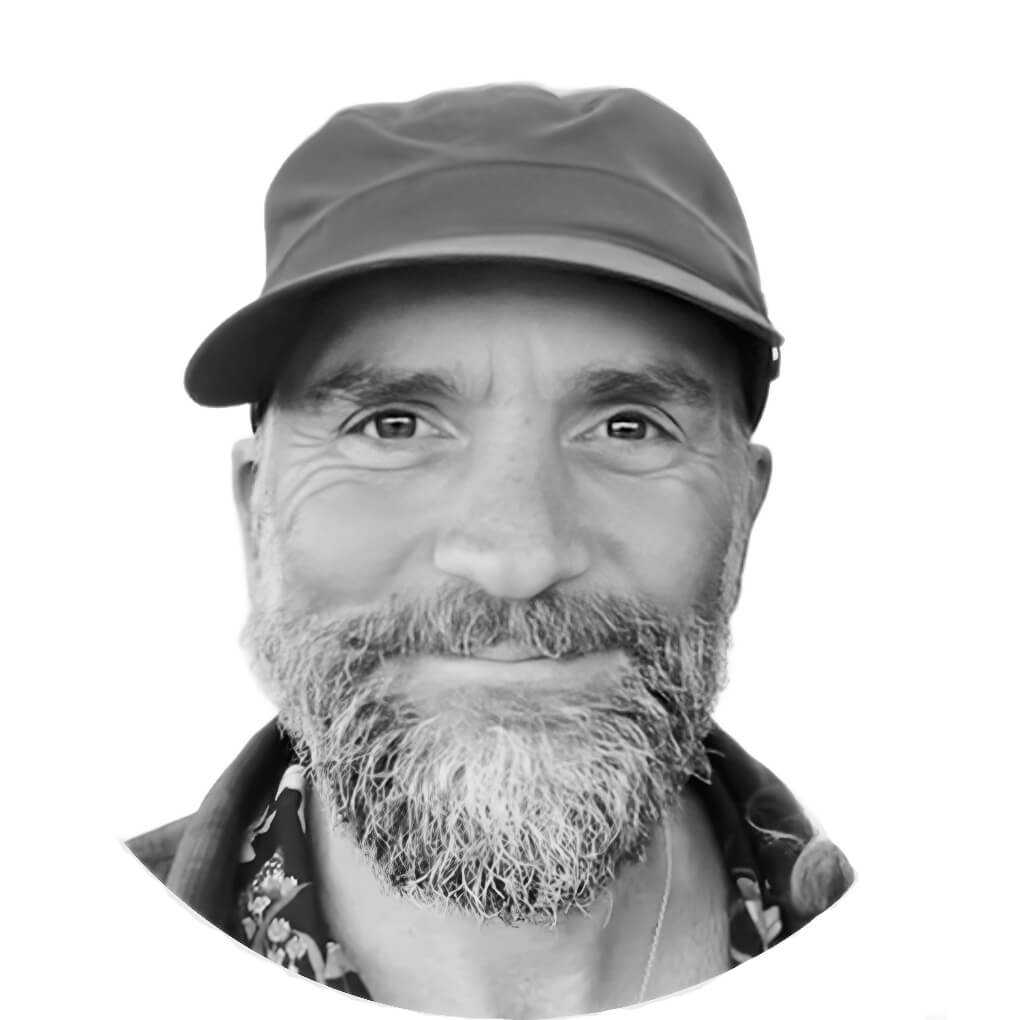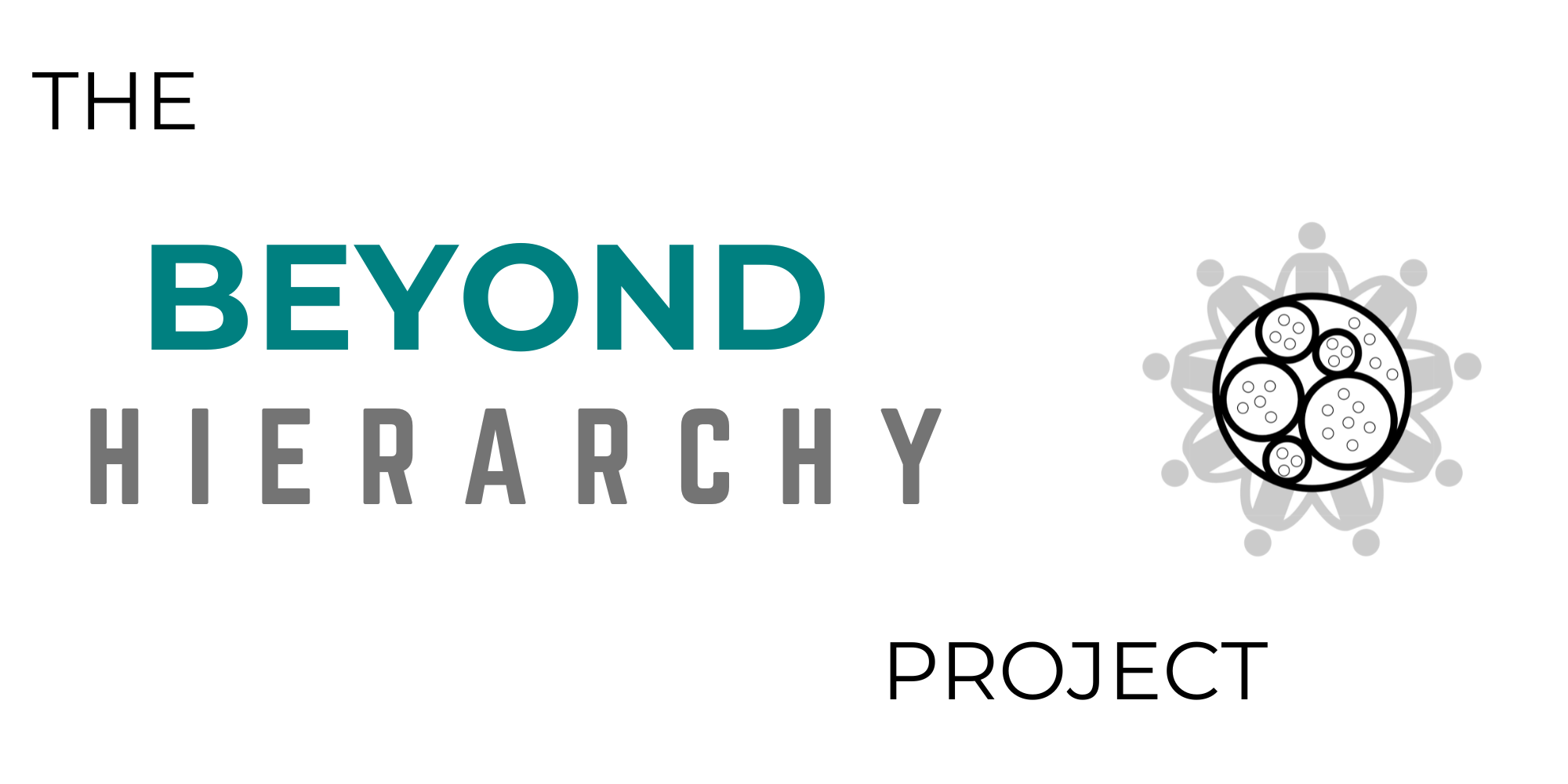
An online program that builds psychological safety so that people are empowered to take risks, give and receive honest and clear feedback with each other- resulting in the ability to innovate.
Do you want to see your people openly giving and receiving
real peer feedback, and using differences and conflict
as a source of collective intelligence?
One of the most common mistakes people make when self-organizing is to assume that by adopting new ways of organising work into roles and circles with clear accountabilities, that it will as if by magic somehow solve everything.
But there is no single solution to all organisational issues, and whilst clarifying expectations and structure can resolve many issues, it can’t solve everything. Any group/team/organisation always has interpersonal dynamics which arise from personal and cultural differences in preferences/orientation/values/communication styles/neurodiversity etc.
Without a hierarchy, people cannot take problems to managers to get sorted out and we must find our own ways to resolve things with each other directly. This isn’t something that most of us are well educated or skilled in!
If a ground of health in relationships between people isn’t being actively cultivated, and if there’s no ways for people to give each other open and honest peer feedback and deal with differences, then this can cause conflict, division and stuckness.
Systems need information to flow freely to survive. This program is founded on research which found that interpersonal trust and psychological safety are the defining features of high-performing teams; and one of the best ways to foster these is to create a strong relational infrastructure between people.
This program is based on work of one of our partner organisations: the Matrix Leadership Institute, and guides you through a journey to foster these in your teams.
What's Covered in the Program
A basic introduction to Self-Organization
Understanding the fundamental distinctions between:
- the domains of ‘Operations & Roles’ and ‘Relationships & People’ in Self-Organization
- and the corresponding difference between Formal Authority and Personal Power
A basic understanding of the ‘People Context’ of your team members; as distinct from the ‘Organisational Context’ of everyday work, and definitions of commonly used terms
Introducing the idea of ‘Tribe Space’ and how it can be a place to build a Ground of Health for Psychological Safety between team members, away from the pressures of everyday work
Redefining feedback so that it can be something welcomed and valued between peers as a valuable source of information
Understanding how differences can be used as a resource in a group
working with feedback/differences/conflict between people in a way that can access the Collective Intelligence of a group
Processes/tools for making team agreements and decisions in the People Context, including:
- agreements between people
- agreements between people and the organisation
- templates for roles to support the work that happens in the People Context
What You'll Get
original & curated resources covering the above content, including:
-
15 videos with over 4 hours of content
-
PODCASTS, articles, TEMPLATES, Glossary...
A program of 4 sessions to run with a team once a month or at your own pace. For each session there’s:
-
a video presentation to introduce new content
-
a complete Session Plan with FACILITATION instructions including group activities, timings, slides etc.
The Risks of Not Addressing the
People & Relational Stuff in Self-Organizing
Unresolved personal and inter-personal issues undermine the whole adoption of self-organizing practices.
If there is no way to speak about and deal with informal, legacy, personal and social power and influence, it doesn't matter how much clarity you have about your work and roles and accountabilities, Distributed Authority as one of the promises of Self-Organization cannot be realised.
Is this Program for Me/Us?
✓ I don’t really get all this about the People and Relational Stuff, but think it’s probably worth finding out more about it
✓ We haven’t yet started adopting Self-Organization, and we want to start off on the right foot by making changes in both the work side of things and people side of things in parallel
✓ We want to start Self-Organizing but our team is a bit of a mess and we need to sort out some people/culture stuff first
✓ We have started Self-Organizing but it’s not really working and things have got a bit stuck. People aren’t really processing tensions and we don’t know how to deal with the differences, difficulty and conflict
About Your Instructors
Since the mid 1990's I have been studying, researching, experimenting with, practicing and training people how to improve how they work together in teams and organisations. I've worked with thousands of people, (including as a Partner with HolacracyOne, the organization that founded Holacracy) and have distilled the lessons I've learned into a series of online programmes and expert support.
I lead on projects and work with our Associates/ Apprentices/ peers from a wide network of expertise as needed. Our purpose is to inspire, equip and support Changemakers to make changes by upgrading how well your teams are adapted to surviving and thriving in our complex and changing world.
Nick Osborne Founder, Evolving Organisation


